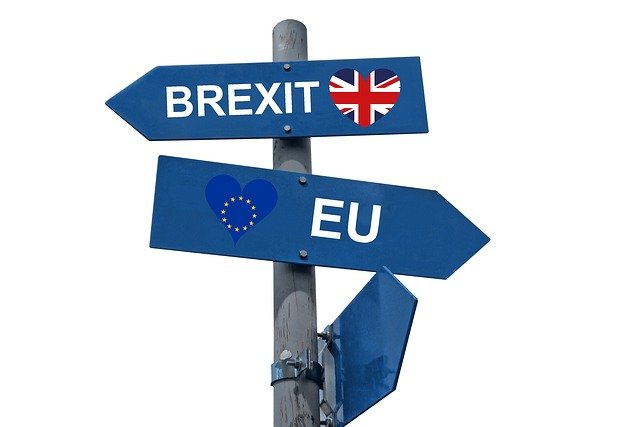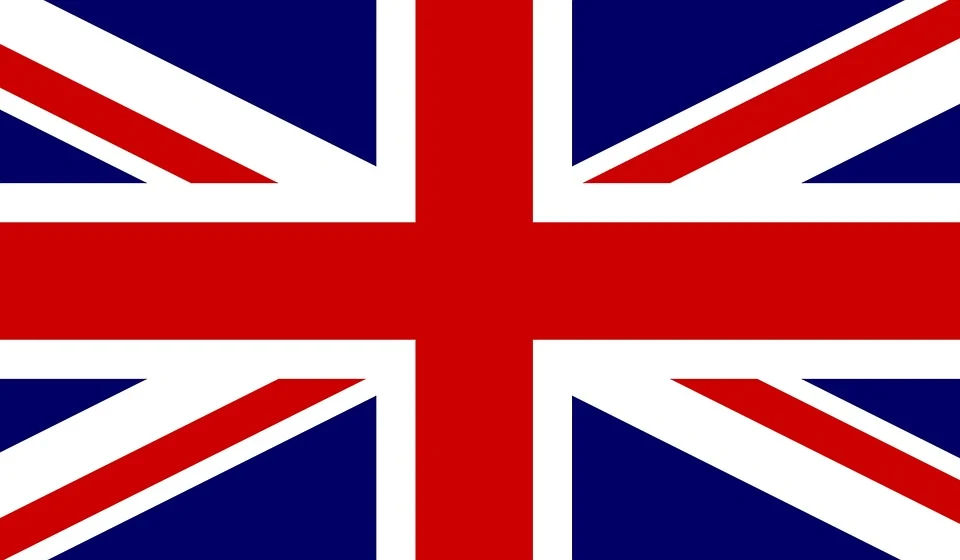Immigration rights of EU nationals after Brexit

Brexit is a reality since 11pm on 31st December 2020, which is the key date for assessing the immigration rights of EU nationals and their family members in the UK. Those who arrived in the UK before the 31st December 2020 deadline, could apply to the EU Settlement Scheme for Settled or Pre-Settled Status by end of June 2021. Late applications may be permitted if there are special circumstances. Those who arrived from 1st January 2021 onwards, generally fall under the standard UK immigration rules and if they wish to stay in the UK long term, will need to apply and be granted one of the UK visas. There is an exception for ‘close family member’ (spouse, children up to 21 years old, dependant children over 21 years old, dependant parents/grandparents) who even if they arrived in the UK from 1st January 2021 onwards, can still apply under the EU Settlement Scheme if they qualify as ‘joining family members’. Similarly, children born after 31st December 2020, can also apply to the EU Settlement Scheme if their parent was already in the UK before the 31st December 2020 cut off date.
Home Office published a guidance overview of the immigration system after Brexit New immigration system: what you need to know – GOV.UK (www.gov.uk) as part of their Brexit related publications.
We also recommend reading our blog relating to extremely helpful High Court judgement for EU Pre-Settled Status holders.
EU Settlement Scheme
If you or your family member started living in the UK by 31 December 2020, you may be able to apply to the EU Settlement Scheme. One of the advantages of the Scheme is that there is no application fee.
The deadline to apply was 30 June 2021 for most people. You can still apply if either:
- you have a later deadline – for example, you’re joining a family member who was living in the UK by 31 December 2020
- you have ‘reasonable grounds’ for being unable to apply by 30 June 2021 – for example, you had an illness or were the victim of domestic abuse
You will not be able to use an EU, EEA or Swiss national ID card to enter the UK from 1 October 2021 unless you:
- have settled or pre-settled status under the EU Settlement Scheme
- applied to the EU Settlement Scheme by 30 June 2021 but have not received a decision yet
- have an EU Settlement Scheme family permit
- have a frontier worker permit
- are an S2 Healthcare Visitor
- are a Swiss national and have a Service Provider from Switzerland visa
In these cases, you can continue to use your national ID card to enter the UK until at least 31 December 2025.
Joining family members
If you’re the family member of someone from the EU, Switzerland, Norway, Iceland or Liechtenstein
You can apply for the permit if your family member started living in the UK by 31 December 2020. This includes family members who have British citizenship, if they also have:
- their citizenship from the EU, Switzerland, Norway, Iceland or Liechtenstein, if they lived in the UK before becoming a British citizen (also known as a ‘Lounes case’)
- dual nationality with an EU country, Switzerland, Norway, Iceland or Liechtenstein, and they settled in the UK before 16 July 2012 without using their free movement rights (also known as a ‘McCarthy’ case)
You can also apply if your family member lives outside the UK but regularly works in the UK (also known as a ‘frontier worker’).
If you used to have a family member living in the UK
You can apply if you used to have a family member from the EU, Switzerland, Norway, Iceland or Lichtenstein living in the UK but they’ve died, left the UK or the family relationship has broken down. This is also known as having ‘retained the right of residence’.
Your family member must have lived in the UK by 31 December 2020. If they moved to the UK later, you’ll usually need a visa to come to the UK.
If you’re the family member of a British citizen
You can apply as the family member of a British citizen if you lived together with them in an EU country, Switzerland, Norway, Iceland or Liechtenstein. You must have lived there with them before 1 January 2021 before returning with them to the UK.
This is also known as a ‘Surinder Singh’ application.
If you’re the family member of an eligible person of Northern Ireland
You can apply if you have a family member who is an eligible person of Northern Ireland.
To be eligible, your family member must be an Irish, British or dual British and Irish citizen who was born in Northern Ireland.
When they were born, they must also have had a parent who held British, Irish or dual citizenship (or had no restriction on how long they could stay in Northern Ireland).
Visiting the UK as a EU national after Brexit
EU, EEA and Swiss citizens and other non-visa nationals do not require a visa to enter the UK when visiting the UK for up to 6 months. All migrants looking to enter the UK for other reasons (such as work or study) will need to apply for entry clearance in advance.
Check what is permitted under the visitor immigration rules before travelling to the UK as a visitor.
You will not be able to use an EU, EEA or Swiss national ID card to enter the UK from 1 October 2021 unless you:
- have settled or pre-settled status under the EU Settlement Scheme
- applied to the EU Settlement Scheme by 30 June 2021 but have not received a decision yet
- have an EU Settlement Scheme family permit
- have a frontier worker permit
- are an S2 Healthcare Visitor
- are a Swiss national and have a Service Provider from Switzerland visa
In these cases, you can continue to use your national ID card to enter the UK until at least 31 December 2025.
Working in the UK as a EU national after Brexit
Those EU/EEA nationals who arrived in the UK from January 2021 onwards, and want to work in the UK, would need to obtain a visa that gives the right to work. It could be one of the following:
- Skilled Worker visa
- Global Talent visa
- Start up visa
- Innovator visa
- Investor visa
- Spouse/Civil Partner visa
- Unmarried Partner/Same Sex Partner visa
Studying in the UK as a EU national after Brexit
Student visa routes have been opened up to EU, EEA and Swiss citizens. You can apply for a visa to study in the UK if you:
- have been offered a place on a course
- can speak, read, write and understand English
- have enough money to support yourself and pay for your course
A new graduate visa is available to international students who have completed a degree in the UK.
Spouse/Unmarried Partner/Same Sex Partner visa
Those EU nationals who are married to a British citizen, and do not qualify under the EU Settlement Scheme in their own right, can use the standard Appendix FM spouse/Partner visa route to remain permanently in the UK with their British or Settled spouses.
How to prove your immigration status in the UK
EU, EEA and Swiss citizens should use the online service to view their immigration status and to prove their status to others.
Read the guide on how you can view and prove your immigration status, as well as update your details.
Guidance for employers is available on carrying out right to work checks on EU citizens and their family members in the UK.

Can EU nationals claim public funds
Recent Supreme Court case Fratila and another v Secretary of State for Work and Pensions [2021] UKSC 53, clarified that those with Pre-Settled Status are not entitled to receive public funds just by virtue of having the status. To claim benefits, Pre-Settled Status holders need to prove that they are also a worker.
Those with Settled Status are entitled to claim benefits.
Are EU nationals entitled to free NHS services
If you are a citizen of an EU country, Norway, Iceland, Liechtenstein or Switzerland, and were living lawfully in the UK on or before 31 December 2020, you will be able to use the NHS in England.
If you wish to continue residing in the UK, to maintain your entitlement to free NHS healthcare after 30 June 2021, you must apply to the EU Settlement Scheme. Once you have been granted either pre-settled or settled status, or while your application is pending, you will not be charged for your healthcare, as long as you continue to be ordinarily resident in the UK. You may be asked to show that you hold pre-settled or settled status when seeking healthcare.
If you do not apply by 30 June 2021, you could lose your right to access free healthcare.
Home Office guidance on entitlement to NHS Services is Healthcare for EU citizens living in or moving to the UK – GOV.UK (www.gov.uk)

Naturalisation of EU national as a British citizen
Those who hold Permanent Residence (PR) confirmation issued by the Home Office under the EU Regulations, could rely on it for their British citizenship (Naturalisation) application made by end of June 2021. From 1st July 2021 they can use the PR confirmation for Naturalisation application to evidence legal residence in the UK for the 5 years prior to the date PR was acquired, but in addition they also must hold Settled Status for 1 year before applying for Naturalisation. In practice, for the PR holders it means that the documentary evidence of exercising Treaty Rights (i.e. work, studies, job seeker, self-sufficient or student) for the 5 years prior to acquiring the PR does not need to be submitted again for the Naturalisation application.
Those who only hold Settled Status under the EU Settlement Scheme will need to provide evidence that they exercised treaty rights in the UK (i.e. worked in the UK, were self-employed, studied or were self sufficient. According to the updated Home Office guidance on Naturalisation comprehensive sickness insurance should no longer be required for self-sufficient and students.
For Naturalisation application, applicants relying on their legal residence under EU rights, must meet the EEA Regulations requirements until they acquired Permanent Residence under the EU Regulations. This is one of the key points to focus on when assessing and preparing each Naturalisation application from EU nationals and their family members.

